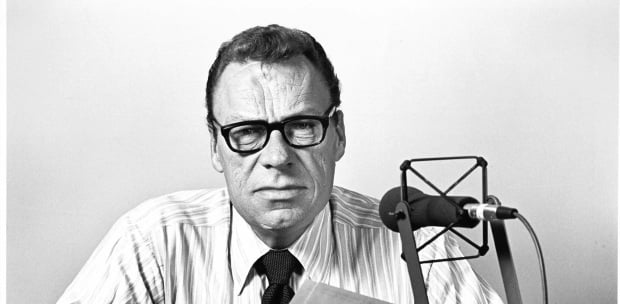ONLY God knows the number of years we'll live on Earth, yet we can choose to live well by proactively charting the course of our lives, while delighting in our journey's twists and turns, setbacks and celebrations, crashes and crescendos.
From a financial planning perspective, we can free ourselves to live better and more wisely by unflinchingly facing death long before it comes knocking on our door. How? By choosing to put our affairs in order early, methodically, and responsibly. We do so by thinking through our Wealth Distribution preferences and plans.
So, first, cogitate — on paper — about the people you love the most and the causes or charities you care enough for to make plans to support beyond the grave. After that, second, sit down with a licensed financial planner, lawyer, will-writer, or estate planner — or any suitable combination of such professionals — to discuss how to use instruments like a will, a private trust, or even a power of attorney to implement your cherished plans.
This process is arduous. Yet, once all our Wealth Distribution initiatives are implemented or even as we shift our various building blocks in place, we will enjoy a calmer, more settled approach to life.
And that is a worthy goal because living well ain't easy.
MEETING LIFE GOALS
The late German psychologist and philosopher Erich Fromm identified five so-called character orientations of human beings. They are productive, exploitative, hoarding, receptive and marketing.
Briefly, Fromm believed only the first, the productive character orientation, was positive, while the other four — exploitative, hoarding, receptive and marketing — were negative to varying degrees. (Learn more here: https://en.wikipedia.org/wiki/Character_orientation)
As far as living well goes, each of us must decide for ourselves what that means. Yet our common denominator is for us to try to live productively.
Consider this simple yet encompassing definition of financial planning that I quote several times each week to anyone who will listen to me:
Financial planning is the process of meeting your life goals through the proper management of your finances.
It is a straightforward 17-word definition bereft of unnecessary complication and which helps each of us focus on what is important to us, not merely in the dimension of money but across all dimensions of our multifaceted lives.
That is important because we all crave to live well, and to then leave Earth a better place than it was before we walked upon it. In his book Man for Himself: An Inquiry into the Psychology of Ethics, Fromm wrote: "To die is poignantly bitter, but the idea of having to die without having lived is unbearable."
So, whether at the end of the day we end up living short or long — and based on the Law of Large Numbers and current human demographic trends, it is more likely to be long — we should focus on living well.
Toward that end, my favourite instructive poem is Rudyard Kipling's If. (You can read all of it here: www.poetryfoundation.org/poems/46473/if)
In If, there is a section I find immensely inspiring. It is the last four lines of Kipling's 32-line masterpiece of English literature:
"If you can fill the unforgiving minute
With sixty seconds' worth of distance run,
Yours is the Earth and everything that's in it,
And — which is more — you'll be a Man, my son!"
Kipling hit the nail on the head.
Understand this: As we focus on filling each unforgiving minute with 60 productive seconds of distance run, we will be doing what is needed to inject value into our precious lives. Statistically, most of us who are alive today will live between 65 and 105 years on Earth.
Note: The overwhelming majority of Earth's 8.1 billion living people believe in God and some form of the hereafter — as I do and, most likely, you do, too — which means we also believe that there is more to life than what we experience on this mortal plane. (A Gallup International Study in 2022 found that 72 per cent of people worldwide believe there is a God; the rest are atheists or agnostics.)
But regardless of our convictions — or lack thereof — concerning God's existence and the reality of heaven, living well on Earth matters... a lot.
POSITIVE DIFFERENCE
Admittedly, from a cosmological perspective, our season on Earth is shockingly brief against the backdrop of our universe's age, generally believed to be 13.8 billion years old, although, recent findings by the James Webb Space Telescope, situated in space about 1.5 million km away from us, suggest our universe might be about twice as old.
Either way, Creation's been here a long, long time. Yet, our own ephemeral lifespans of varying lengths also provide us with plenty of opportunities to make a positive difference on our planet and, more importantly, to our loved ones.
Way back in 1868, Henri-Frédéric Amiel, a Swiss philosopher, wrote:
"Life is short and we have never too much time for gladdening the hearts of those who are travelling the dark journey with us. Oh, be swift to love, make haste to be kind!"
That's fabulous advice; I suggest both you and I take it.
© 2024 Rajen Devadason
Rajen Devadason, CFP, is a securities commission-licensed financial planner, professional speaker and author. Read his free articles at www.FreeCoolArticles.com; connect with him on LinkedIn at www.linkedin.com/in/rajendevadason, or via [email protected]. You can also follow him on X @Rajen Devadason and on YouTube (Rajen Devadason).





